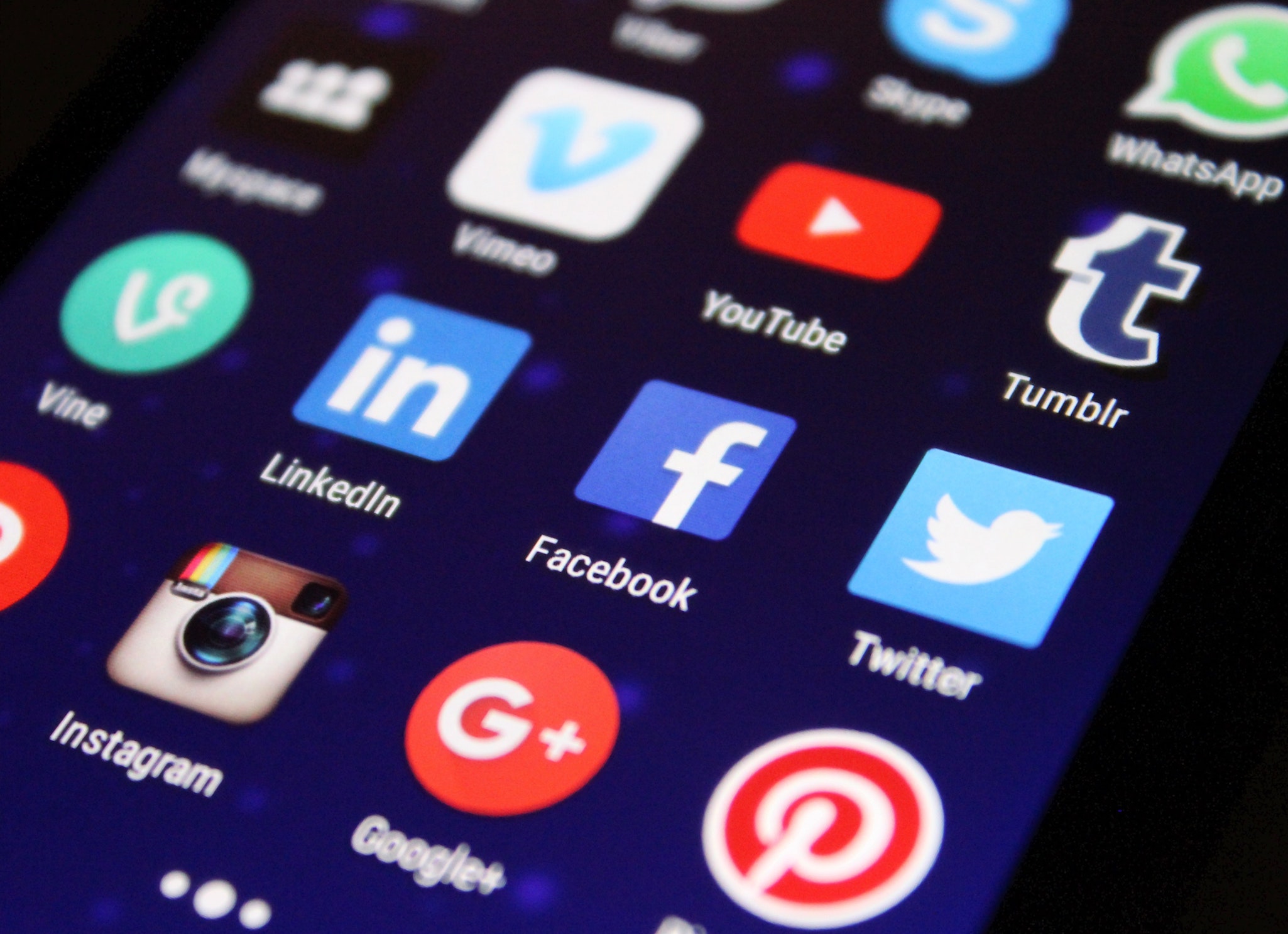Social media offers you an amazing opportunity to authentically connect with prospects and clients, build brand awareness, and dramatically boost sales.
When done right, social media can propel even a tiny business into a global brand overnight.
When done wrong, however, social media can do incredible damage to your brand in just as short a time span. Making just one ill-conceived post on Facebook or Twitter can alienate loyal clients, ruin your reputation, and make your company the receiving end of jokes on late night TV. And that’s not even mentioning the potential legal and financial risks that can occur if you’re not careful.
If you want to prevent your brand from going viral for the wrong reasons, here are three “don’ts” when posting on social media:
1. Don't post about politics and/or religion
In case you haven’t been online lately, posting about politics or religion can be terribly polarizing. Indeed, posts discussing either topic can set off volatile emotional reactions that have the real potential to end friendships – and not just online ones. So unless you want to potentially lose half of your client base, avoid discussing these subjects on social media.
What’s more, because social media profiles are easy to access, you might want to encourage your team to create new “business-friendly” accounts if they post to your company’s pages. These “safe for work” profiles can prevent followers from stumbling upon something potentially offensive should they ever check out your team’s personal accounts.
2. Don't post only about your business
Social media is designed to be a social platform, not merely another advertising vehicle. You want to engage readers, start conversations, and inspire people to keep coming back, not bore them with constant press releases and monologues bragging about your products and services.
It’s fine to promote yourself and your products, especially if there’s something new to talk about, but don’t make it all about you. People get tired of reading posts that are just about your business and how great it is, so mix things up. Make it more of a two-way conversation, rather than an infomercial.
Share insightful, newsworthy, or entertaining content from others in your industry or those outside your field who inspire you. Engage your followers with polls, Q&As, and other types of content that allow them to participate in the dialogue and provide their own feedback. Motivate them to return by offering discounts and other special deals that are only available to your followers.
Ultimately, you should strive to use social media as a way to engage and interact with clients by offering them a taste of your operation’s unique culture and personality. Let the marketing mask drop for a while, and give clients a peek at what really happens behind the curtains.
3. Don't post without proofreading
While it may sound like pure common sense, far too many businesses fail to proofread their posts, needlessly tarnishing their reputations in the process. Social media is a fairly casual medium, but posts containing typos, grammatical mistakes, and other errors can make you appear unprofessional at best – and downright incompetent at worst.
One infamous example of such carelessness was a Tweet from the U.S. Department of Education that highlighted the importance of education by posting a quote from the civil rights activist and scholar W.E.B DuBois. The quote came out fine, but the Tweet misspelled his name “DeBois.”
Naturally, Twitter erupted with mockery, inspiring the DOE to post a correction. However, the follow-up post ended with, “our deepest apologizes for the earlier typo,” which had cyberspace expressing a collective, “Doh!”
To prevent this, always spell-check your posts, but that won’t catch everything. Mistakes involving words like “two/too,” “bare/bear,” and “their/they’re” will slip right past such programs, as will lots of other errors, so it’s a good idea to have a fellow human proofread your posts as back-up. Indeed, having at least two sets of eyes review your business’ posts before making them live should be the rule, not the exception.
Watch your step
Beyond its potential to offend, bore, and embarrass, poor social media management can also lead to more serious consequences – some of which can land you in court and/or bankruptcy. From data theft and ransomware to running afoul of privacy laws and getting sued over intellectual property violations, maintaining a social media presence comes with other potential hazards you may not even be aware of.
In light of these potential pitfalls, you should conduct a risk-assessment of your social media strategy. We can ensure you are in full compliance with the latest laws, aren’t setting yourself up for costly lawsuits, and have the proper insurance coverage in place should something go wrong.
We offer a complete spectrum of legal services for business owners and can help you make the wisest choices on how to deal with your business throughout life and in the event of your death. We also offer you a LIFT Your Life And Business Planning Session, which includes a review of all the legal, insurance, financial, and tax systems you need for your business. Schedule online today.


